Minor in Gender and Sexuality Studies
This interdisciplinary minor provides a humanities-based forum for examining gender and sexuality in global cultures. Students in the minor learn about—and challenge their understandings of—topics such as LGBTQ sexual diversity, gender differences across cultures, and how femininity and masculinity have changed over time. Courses in the minor focus on representations of gender and sexuality across the arts, history, media, languages, and social sciences.
Students in the minor discuss how their own experiences of gender and sexuality relate to race, class, nationality, and language. Because of this, the minor appeals to an increasingly diverse population at UWG, and it is also a base for educating the entire campus and the greater Carrollton community. Students in the minor are prepared for a wide range of careers in fields that demand knowledge of and experience with diversity, from education and community outreach to business.
Learn More About Gender and Sexuality Studies
For more information, please see the Academic Catalog.
The Gender and Sexuality Studies minor requires 15 credit hours. There is one required course that all minors must take, XIDS 2100: Introduction to Gender and Sexuality Studies (3 hours). The remaining 12 hours are elective courses that are approved for minor credit. Electives must be approved by the program director, and must be from at least two different disciplines. No more than three elective credits can be at the 2000 level, and at least three elective credits must be at the 4000 level. For a list of currently approved electives, please see the Gender & Sexuality Studies page.
Program Location
Carrollton Campus
Method of Delivery
Face to Face
Accreditation
The University of West Georgia is accredited by The Southern Association of Colleges and Schools Commission on Colleges (SACSCOC).
Credit and transfer
Total semester hours required:
This program may be earned entirely face-to-face. However, depending on the courses chosen, a student may choose to take some partially or fully online courses.
Save money
UWG is often ranked as one of the most affordable accredited universities of its kind, regardless of the method of delivery chosen.
Details
- Total tuition costs and fees may vary, depending on the instructional method of the courses in which the student chooses to enroll.
- The more courses a student takes in a single term, the more they will typically save in fees and total cost.
- Face-to-face or partially online courses are charged at the general tuition rate and all mandatory campus fees, based on the student's residency (non-residents are charged at a higher rate).
- Fully or entirely online course tuition rates and fees my vary depending on the program. Students enrolled in exclusively online courses do not pay non-Resident rates.
- Together this means that GA residents pay about the same if they take all face-to-face or partially online courses as they do if they take only fully online courses exclusively; while non-residents save money by taking fully online courses.
- One word of caution: If a student takes a combination of face-to-face and online courses in a single term, he/she will pay both all mandatory campus fees and the higher eTuition rate.
- For cost information, as well as payment deadlines, see the Student Accounts and Billing Services website
There are a variety of financial assistance options for students, including scholarships and work study programs. Visit the Office of Financial Aid's website for more information.
Coursework
For a list of currently approved electives, please see the Gender & Sexuality Studies page.
Not all courses are offered every semester. View currently offered courses.
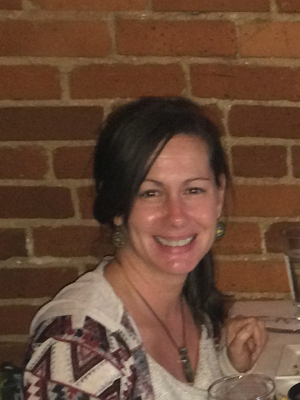
Stephanie Chalifoux, Ph.D.
Associate Professor, History
Lisa Connell, Ph.D.
Professor of French
Amy Cuomo, Ph.D.
Professor of Theatre: Playwriting, Dramaturgy, Theatre History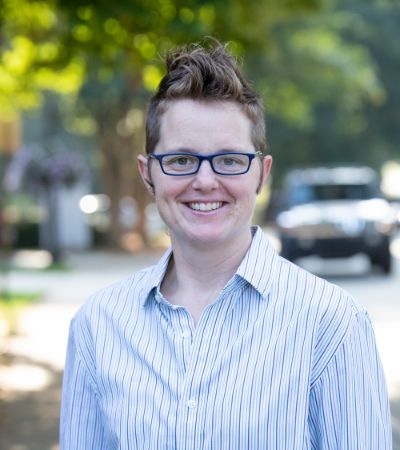
Betsy Dahms, Ph.D.
Professor of Spanish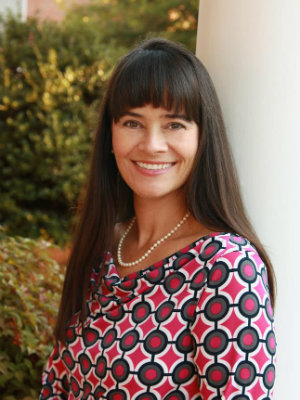
Rebecca Harrison, Ph.D.
Professor of English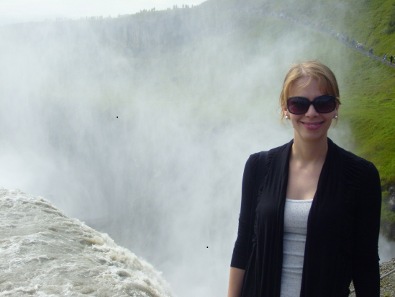
Leah Haught, Ph.D.
Professor of English & Coordinator for Publishing and Editing Certificate
Emily Hunt, PhD
Senior Lecturer of Music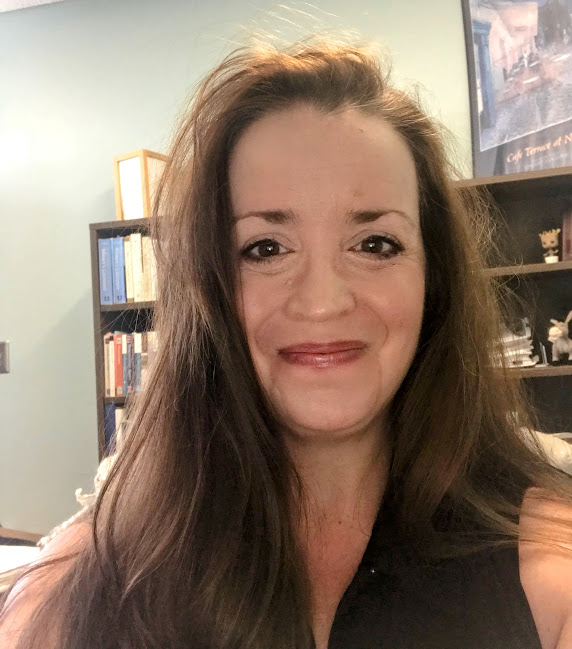
Bonnie Jett, M.A.
Director, Academic Transitions Program; Coordinator, First-Year Writing Program; Senior Lecturer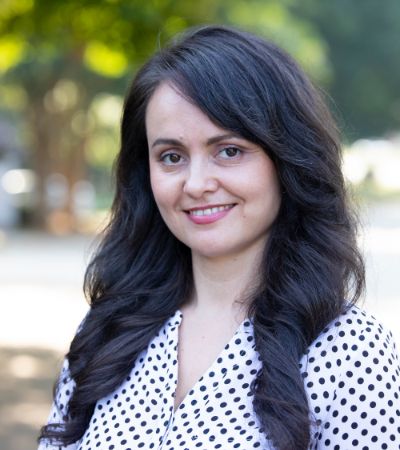
Anca Koczkas, Ph.D.
Associate Professor of Spanish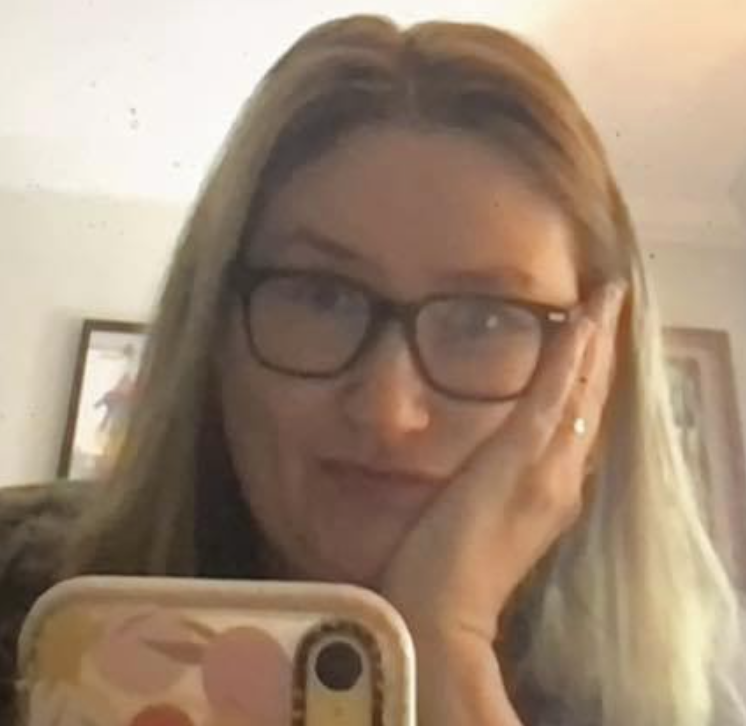
Laura Miller, Ph.D.
Professor of English
Felix Tweraser, Ph.D.
Professor of German
Colleen Vasconcellos, Ph.D.
Professor of History and History Program Coordinator
Ana Zapata-Calle, Ph.D.
Professor of SpanishNo Admissions Data Provided.
- Identify and describe how gendered and sexual codes are utilized in cultural texts from diverse cultures and historical periods.
- Demonstrate the ability to use critical thinking skills to interrogate cultural assumptions regarding gender and sexuality.
- Demonstrate an awareness of prevailing theories used to analyze gender and sexuality in the humanities.
- Analyze and evaluate, orally and in writing, gender and sexual codes through a diverse set of lenses, including race, class, sexual orientation, and/or ethnicity.
